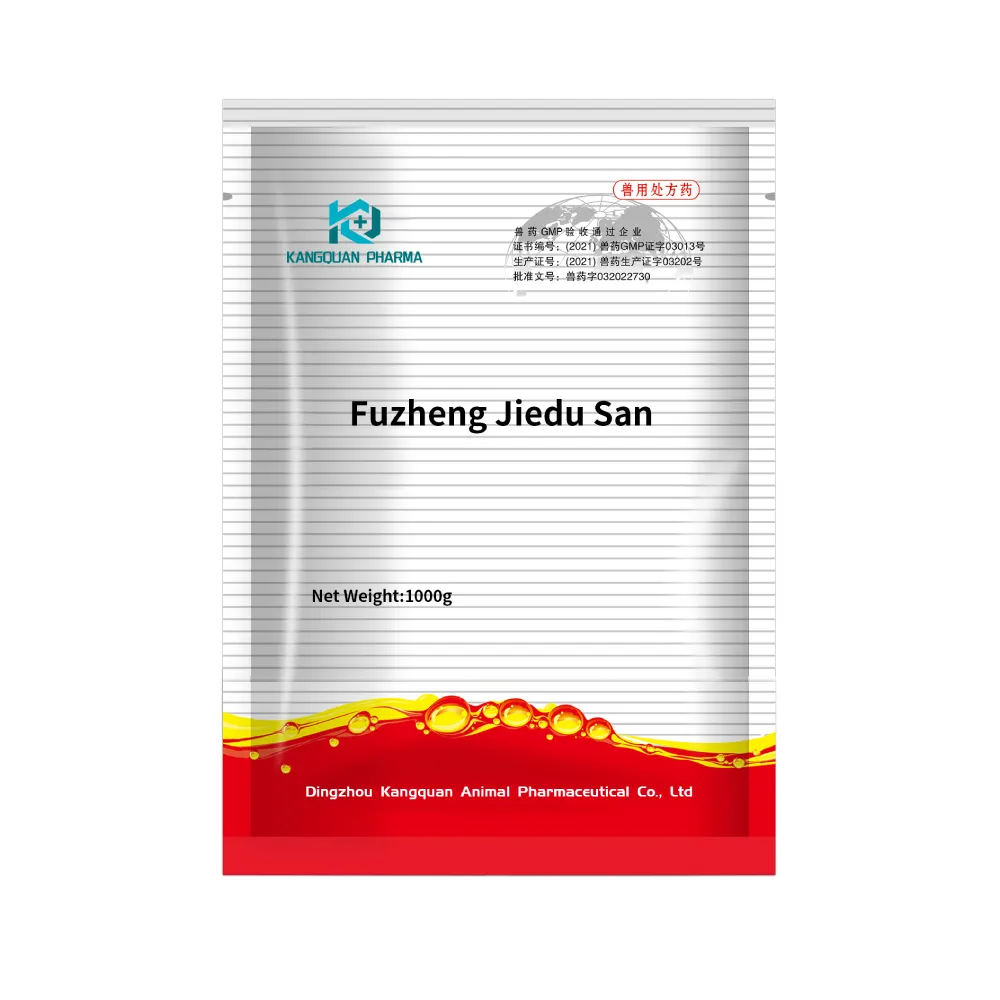- Afrikaans
- Albanian
- Amharic
- Arabic
- Armenian
- Azerbaijani
- Basque
- Belarusian
- Bengali
- Bosnian
- Bulgarian
- Catalan
- Cebuano
- Corsican
- Croatian
- Czech
- Danish
- Dutch
- English
- Esperanto
- Estonian
- Finnish
- French
- Frisian
- Galician
- Georgian
- German
- Greek
- Gujarati
- Haitian Creole
- hausa
- hawaiian
- Hebrew
- Hindi
- Miao
- Hungarian
- Icelandic
- igbo
- Indonesian
- irish
- Italian
- Japanese
- Javanese
- Kannada
- kazakh
- Khmer
- Rwandese
- Korean
- Kurdish
- Kyrgyz
- Lao
- Latin
- Latvian
- Lithuanian
- Luxembourgish
- Macedonian
- Malgashi
- Malay
- Malayalam
- Maltese
- Maori
- Marathi
- Mongolian
- Myanmar
- Nepali
- Norwegian
- Norwegian
- Occitan
- Pashto
- Persian
- Polish
- Portuguese
- Punjabi
- Romanian
- Russian
- Samoan
- Scottish Gaelic
- Serbian
- Sesotho
- Shona
- Sindhi
- Sinhala
- Slovak
- Slovenian
- Somali
- Spanish
- Sundanese
- Swahili
- Swedish
- Tagalog
- Tajik
- Tamil
- Tatar
- Telugu
- Thai
- Turkish
- Turkmen
- Ukrainian
- Urdu
- Uighur
- Uzbek
- Vietnamese
- Welsh
- Bantu
- Yiddish
- Yoruba
- Zulu
Oct . 11, 2024 02:41 Back to list
dog worms pills
Understanding Dog Worms and Effective Treatment Options
When it comes to our furry friends, ensuring their health and well-being is a top priority for all pet owners. One prevalent concern among dog owners is the risk of worms. Various types of worms, including roundworms, tapeworms, and hookworms, can affect dogs, leading to serious health issues if left untreated. Fortunately, there are effective treatments available, including pills specifically designed to eliminate these parasites. In this article, we'll explore the types of dog worms, their symptoms, prevention methods, and the best treatment options, including worming pills.
Types of Dog Worms
1. Roundworms These are the most common intestinal parasites affecting dogs. Adult roundworms can grow up to 7 inches long and appear as spaghetti-like strands in your dog’s feces. Puppies are particularly vulnerable, as they can become infected before birth or through their mother’s milk.
2. Tapeworms Tapeworms are flat, segmented worms that can live in the intestines of dogs. They often come from eating infected fleas or rodents. You may notice small, rice-like segments in your dog's stool or around their rear end, as these segments can break off and be expelled.
3. Hookworms These parasites attach to the intestinal wall and can cause significant blood loss, leading to anemia and other serious health issues, especially in puppies. Hookworms are contracted through the skin or by ingesting larvae present in the environment.
4. Whipworms Whipworms are less common but can cause severe gastrointestinal issues. They reside in the large intestine and can lead to diarrhea and weight loss in infected dogs.
Symptoms of Worm Infestation
Identifying a worm infestation can be challenging since some dogs may not exhibit obvious symptoms. However, common signs of worm infections include
- Weight loss despite a good appetite - Vomiting or diarrhea - Distended abdomen - Lethargy - Visible worms in stool or around the anus - Pale gums (indicative of anemia)
If you notice any of these symptoms, it’s crucial to consult your veterinarian for proper diagnosis and treatment.
Prevention
dog worms pills

Preventing worms in dogs involves a combination of good hygiene and regular veterinary care. Here are some preventative measures
- Regular Vet Check-ups Schedule routine visits to the vet, who can perform fecal tests to determine if your dog has any parasites. - Maintain Clean Living Conditions Regularly clean your dog’s living area, particularly their bedding and the yard. Removing feces promptly reduces the chances of worm infestation.
- Flea Control Since some types of worms, like tapeworms, are transmitted by fleas, implementing a robust flea control program is essential.
- Limit Exposure Prevent your dog from scavenging or eating unknown food, particularly in areas where other animals may defecate.
Treatment Options Worming Pills
When it comes to treating worms, worming pills are one of the most effective options available. There are several types of deworming medications, and your veterinarian will recommend the best option based on the type of worm present and your dog’s specific needs. Some common worming pills include
- Pyrantel Pamoate Effective for roundworms and hookworms, this medication works by paralyzing the worms, allowing the dog to eliminate them through feces.
- Praziquantel This is commonly used for treating tapeworms and works by causing severe muscle spasms in the parasites, leading to their death.
- Fenbendazole This broad-spectrum dewormer is effective against several types of worms, including roundworms, hookworms, and whipworms.
- Milbemycin Oxime This is used to treat heartworms and other intestinal parasites, making it a versatile option for multiple infestations.
Conclusion
Worms can significantly affect your dog’s health, but with vigilant care, preventative measures, and effective treatment options like worming pills, you can protect your beloved pet from these parasites. Regular veterinary visits, proper hygiene, and adherence to prescribed treatments will help ensure your dog remains happy, healthy, and worm-free. Remember, early detection and treatment are crucial, so always be alert to the signs of worm infestation and consult your vet if you have any concerns.
-
Guide to Oxytetracycline Injection
NewsMar.27,2025
-
Guide to Colistin Sulphate
NewsMar.27,2025
-
Gentamicin Sulfate: Uses, Price, And Key Information
NewsMar.27,2025
-
Enrofloxacin Injection: Uses, Price, And Supplier Information
NewsMar.27,2025
-
Dexamethasone Sodium Phosphate Injection: Uses, Price, And Key Information
NewsMar.27,2025
-
Albendazole Tablet: Uses, Dosage, Cost, And Key Information
NewsMar.27,2025













